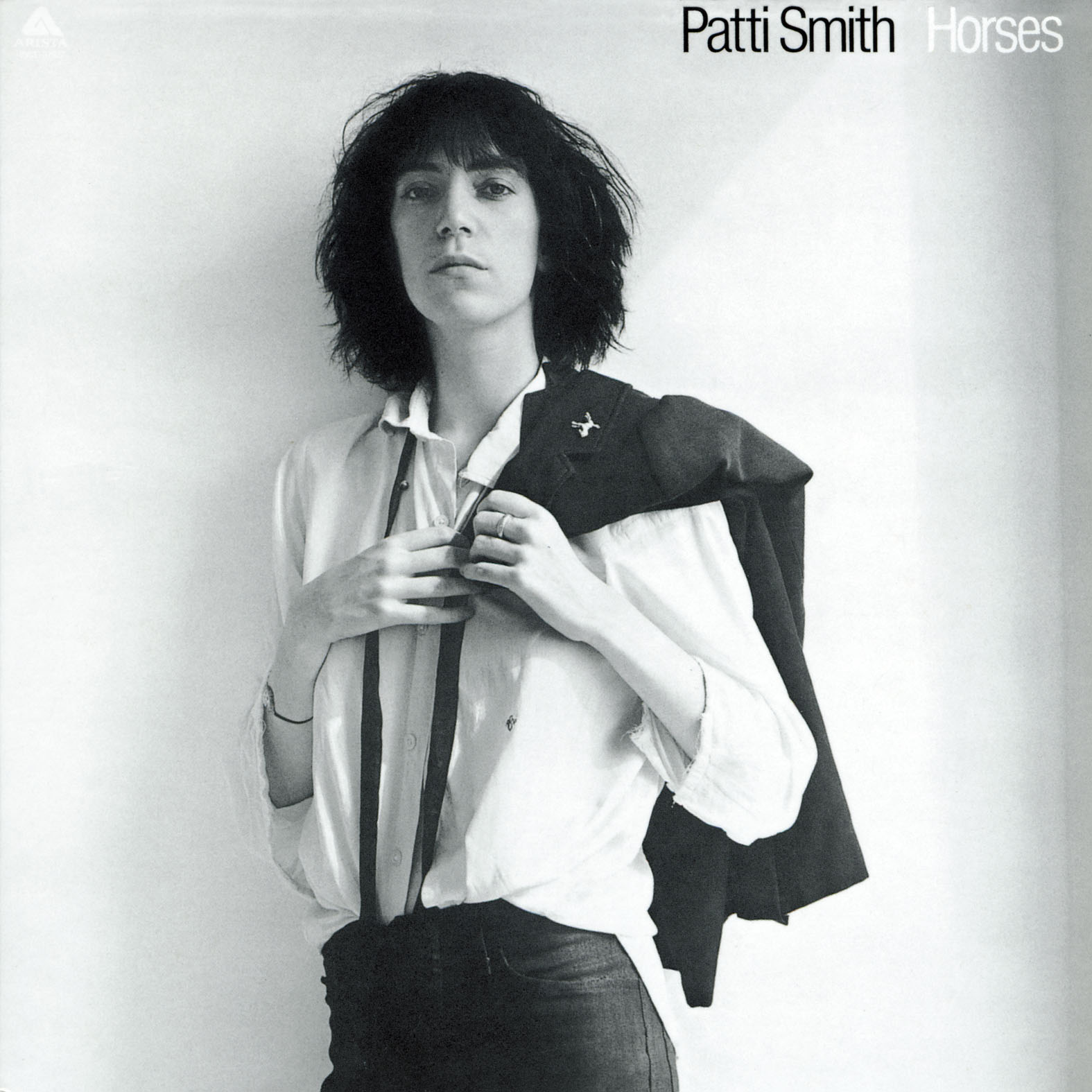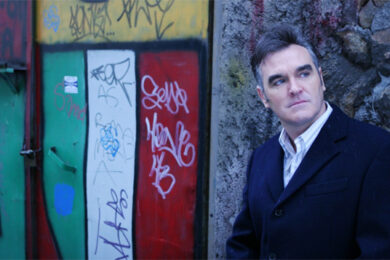11. Patti SmithHorses

Though Horses, Patti Smith’s extraordinary 1975 debut, is generally acknowledged as one of the more influential rock records of the 20th century, in point of fact its influence is seldom perceptibly benign. Occasionally, in fact, quite the reverse; think of the supine star-fuckery of KT Tunstall’s ‘Suddenly I See’, or worse, of the plodding, reverential dirge of REM’s ‘E-Bow The Letter’ – each an utterly inadequate response to the electric call-to-arms of the record that inspired them. But long before Morrissey was a pop star, he was a practiced and accomplished fan, and it’s this discernment and familiarity that make his later Smith tributes a more reasonable fist. The two have much in common in their reference set, most clearly their poetic sensibility – Rimbaud and Ginsberg feature heavily – and in their vocal style. When, in 2005, Morrissey released Smith cover, ‘Redondo Beach’, as a double A-side (B/W ‘There Is A Light that Never Goes Out’) to promote Live At Earl’s Court, what’s odd – if one looks past the arrangement – is how comfortably Morrissey’s phrasing nestles into Smith’s melody. There’s less than expected to choose between Morrissey’s lilt and croon and Smith’s more ragged vocal style.
The high point of Morrissey’s Smith tribute is a much earlier piece, however. Like many early Smiths lyrics, ‘The Hand That Rocks The Cradle’, from their debut record (and professedly the first song The Smiths wrote together), borrows liberally from other writers, among them Shelagh Delaney, Al Jolson, and Thomas Gray – but it’s Smith’s lyric for ‘Kimberly’ that lends the song its weight. Smith pictures herself in a maniac landscape of fire, explosions and falling skies, guarding her baby sister; by contrast, Morrissey’s lyric is parochial – where Smith conjures elemental forces, Morrissey leaves the storm outside, and presents himself watching as “the wardrobe towers like a beast of prey”. When Morrissey refers to a mother, it’s hard not to hear the ghost of Smith rattling the wardrobe door. The song develops into a highly referential evocation of child murder, a subject that Morrissey was later to revisit; but this track far outstrips ‘Suffer Little Children’, both in craft and feeling, and is a worthy heir to the violence and the fear at the heart of Horses. Petra Davis


